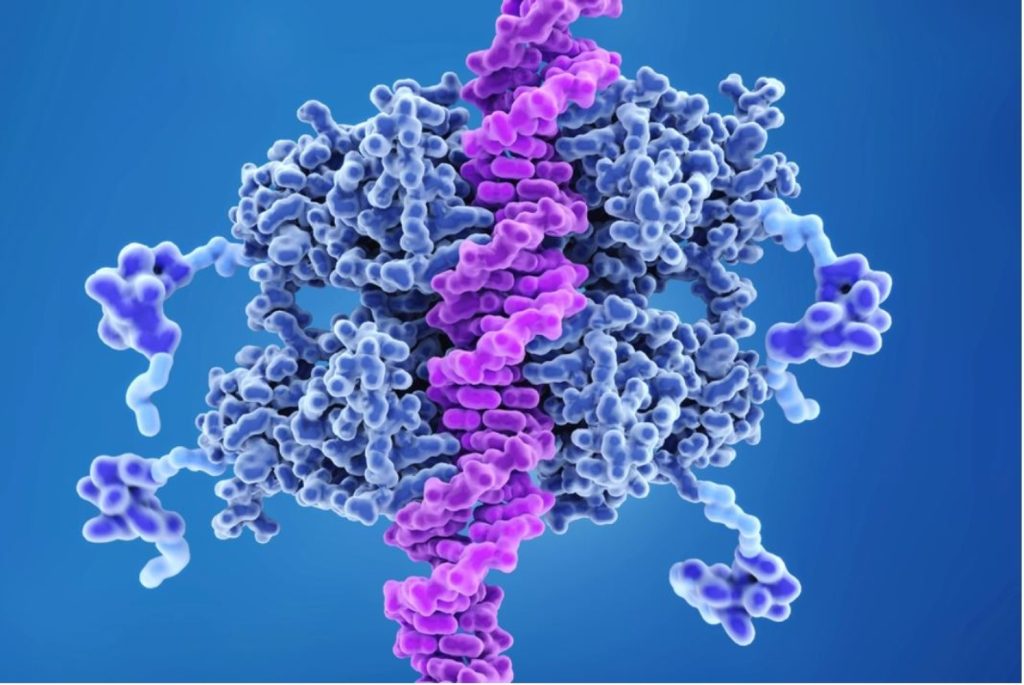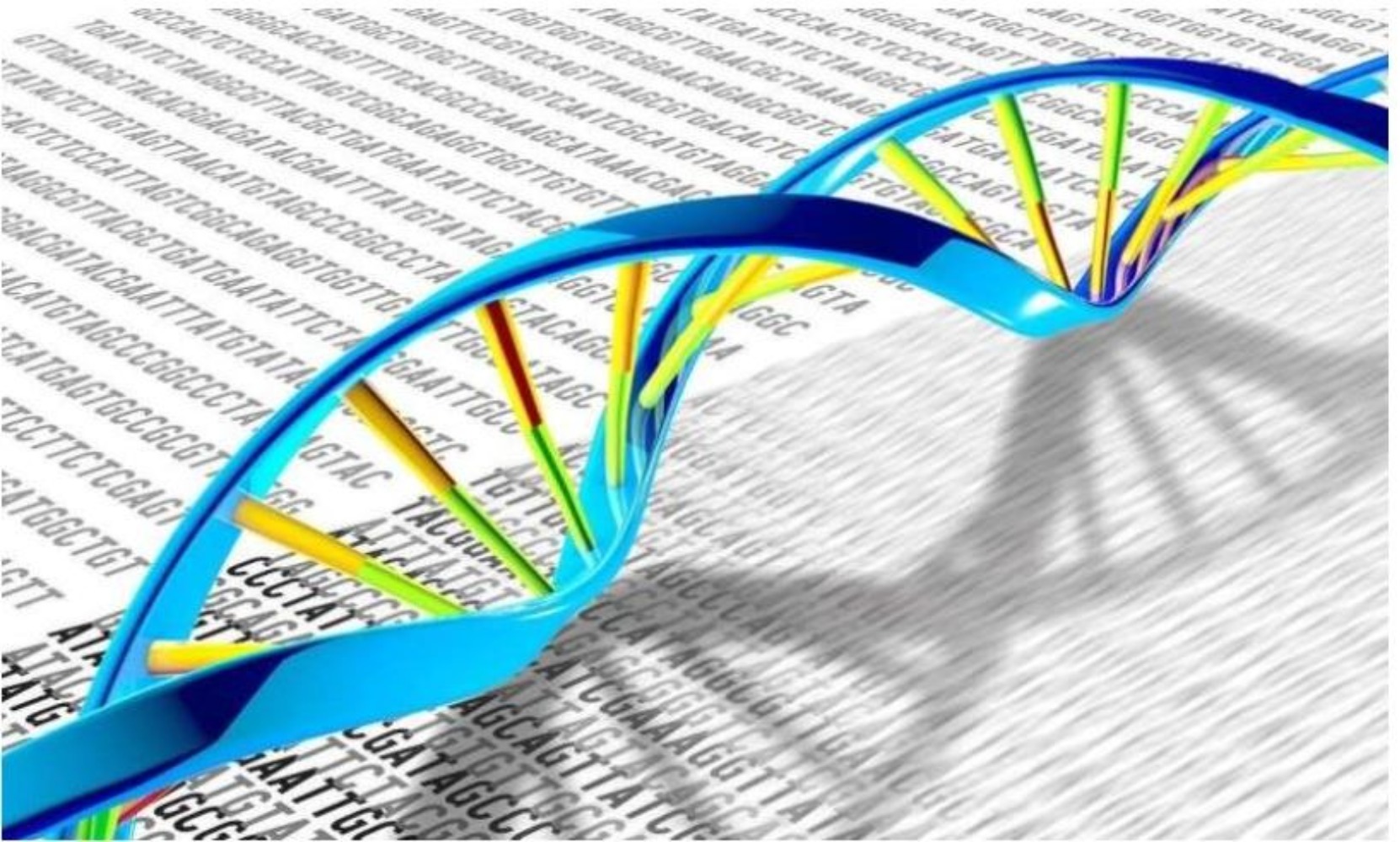Scientists have developed a novel gene-editing screen that can rapidly find cancer mutations and help develop new therapies for the deadly disease.

Tumors can carry mutations in hundreds of different genes, and each of those genes may be mutated in different ways some mutations simply replace one DNA nucleotide with another, while others insert or delete larger sections of DNA. To subscribe please click tau.id/2iy6f and access our live channel.
Until now, there has been no way to quickly and easily screen each of those mutations in their natural setting to see what role they may play in the development, progression, and treatment response of a tumor. MIT graduate student Samuel Gould is the lead author of the paper, which appears today in Nature Biotechnology.
DON’T MISS: Surgeons Save Rare Brain Hemorrhage Patient
In the study, published in the journal Nature Biotechnology, researchers focused on p53 — a tumour suppressor gene mutated in over 50 per cent of all cancer patients. Using a variant of CRISPR genome-editing known as prime editing, MIT researchers have now come up with a way to screen those mutations much more easily.
The Research
In that study, the researchers showed that they could delete genes that are often lost in lung tumor cells, and the resulting tumors were similar to naturally arising tumors with those mutations. However, this technique did not allow for the creation of point mutations (substitutions of one nucleotide for another) or insertions.
The researchers demonstrated their technique by screening cells with more than 1,000 different mutations of the tumor suppressor gene p53, all of which have been seen in cancer patients. This method, which is easier and faster than any existing approach, and edits the genome rather than introducing an artificial version of the mutant gene, revealed that some p53 mutations are more harmful than previously thought.
Instead of introducing an artificial version of the mutant gene, the method just edits the genome, the researchers said. They noted that the method can greatly help in precision medicine as well as help physicians understand how a patient’s tumour will respond to a particular treatment. Further, the team used the new method to introduce p53 mutations in human lung adenocarcinoma cells — the most common lung cancer.
“In one experiment, you can generate thousands of genotypes that are seen in cancer patients, and immediately test whether one or more of those genotypes are sensitive or resistant to any type of therapy that you’re interested in using,” says Francisco Sanchez-Rivera, an MIT assistant professor of biology, a member of the Koch Institute for Integrative Cancer Research, and the senior author of the study.
Measuring the survival rates of these cells, they found that some p53 mutations are more harmful than previously thought. The researchers now aim to investigate mutations found in other cancer-linked genes, and hope to one day “use this genetic information to tailor therapies for patients suffering from tumours”.




